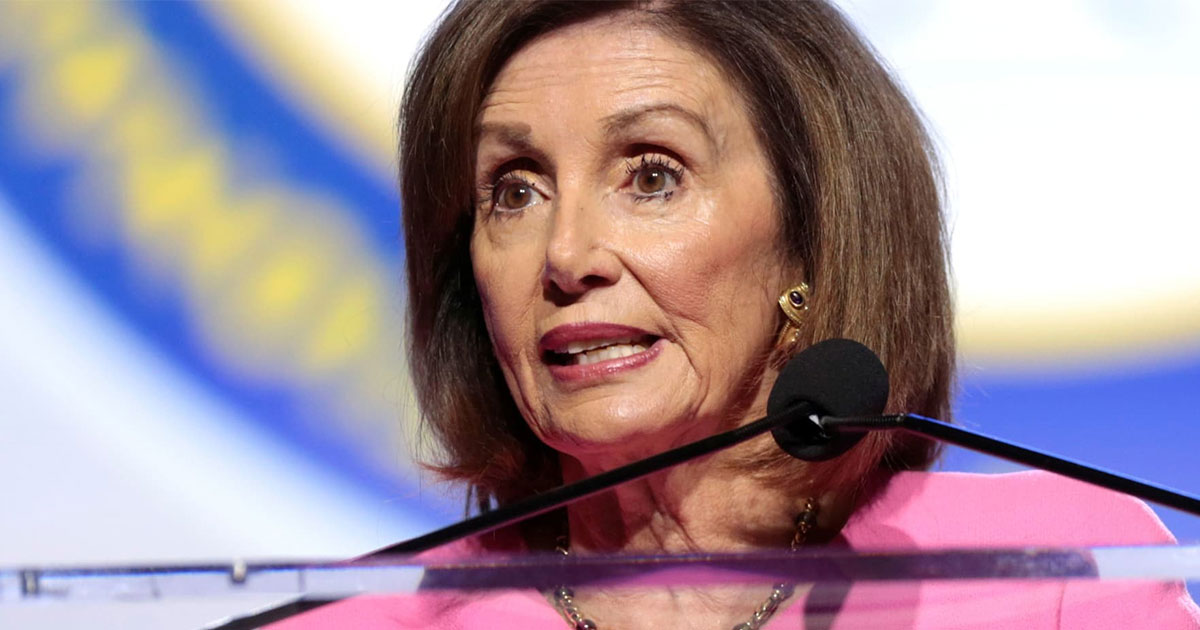According to a report released by the federal government on Friday, homelessness has reached an unprecedented high this year. This alarming increase is attributed to several factors, including a rise in migrants seeking asylum, a nationwide housing crisis, and the conclusion of pandemic-related protections for vulnerable populations.
Recent statistics reveal that the number of individuals facing homelessness has surpassed 770,000, marking an increase of over 18 percent compared to the previous year. This surge represents the most significant annual rise since the count was initiated in 2007. The number of unhoused individuals has increased across nearly all categories, with a particularly sharp rise observed among children and families.
A recent report from the Department of Housing and Urban Development indicates a significant increase in homelessness, rising by one-third over the past two years, following years of relatively stable numbers. The agency attributed the situation to several factors, including the escalating national affordable-housing crisis, inflation, and the conclusion of specific aid programs that were implemented during the pandemic.
Federal officials, during a recent call with reporters, highlighted the significant increase in asylum-seeking migrants that has overwhelmed shelter systems, where much of this surge has taken place.
The government currently lacks a system to monitor the migration status of the homeless, making it difficult to clearly differentiate between the dual issues of domestic poverty and the influx of foreigners escaping difficult circumstances — each presenting unique challenges that require tailored solutions.
There is a possibility that a significant portion, or even the majority, of the increase can be attributed to the surge in foreign asylum seekers that began in 2022. However, this trend appears to be diminishing since the homeless count was conducted at the beginning of this year.
The record numbers are expected to exacerbate the increasing partisan divide regarding domestic homelessness. Democrats frequently attribute rising housing costs to inadequate government rental subsidies and significant economic inequality, advocating for an expanded safety net as a solution.
Numerous Republicans attribute the issue to liberal permissiveness, advocating for a requirement that unhoused individuals seek assistance for mental illness or substance abuse as a prerequisite for receiving aid. President-elect Donald J. Trump has proposed the removal of encampments from cities and the relocation of unhoused individuals into designated camps.
A recent report revealed that veterans were the only demographic for which homelessness saw a decline last year. The ongoing trend reflects a consistent bipartisan backing for services and housing, contrasting sharply with the contentious nature of the wider homelessness discussion. Last year, the number of homeless veterans decreased by 8 percent, marking a reduction of more than 50 percent since 2009.





